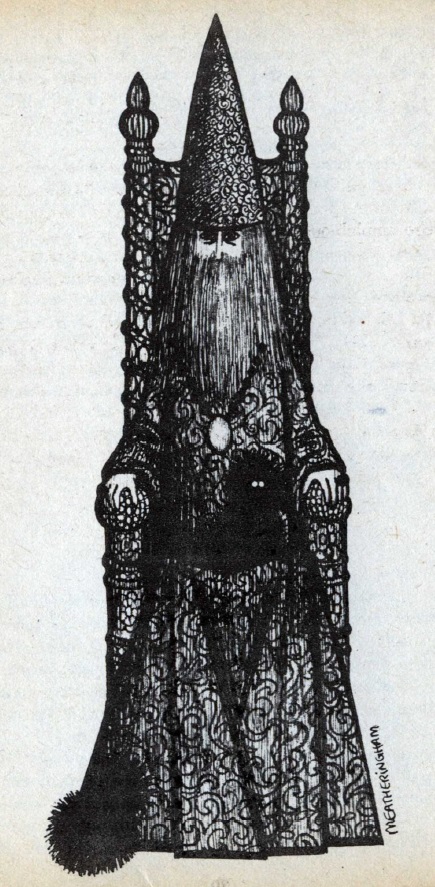
by Gideon Marcus
Points East
It's been so very long since I could offer a travelogue from my favorite of countries, Japan. But now, after four years (and a stop at the Fotomat to develop pictures), I finally have a dual treat for you–vacation slides and a review of the latest issue of The Magazine of Fantasy and Science Fiction!
But instead of dumping either of them on you all at once, how about we take a simultaneous trip, both to the Orient and to vistas even further off?

by Jack Gaughan
For this article, I have the invaluable assistance of Mr. Brian Collins, a fellow 'zine editor with a penchant for pain. To wit, after reading this month's issue, he offered to take a stab at the lead story. As I have no qualms with anyone stabbing Piers Anthony, here goes…
Sos the Rope (Part 1 of 3), by Piers Anthony

by Brian Collins
Piers Anthony has appeared here and there over the past few years without making much of a fuss, with his first SF novel, Chthon, being decidedly uncontroversial among the Journey people (read: everyone I know hates it). That was last year, and now we already have the beginning of his second SF novel, Sos the Rope, which Ed Ferman introduces as a “successful” contest novel “of superior quality.” I don’t wish to call Ferman a liar, but I shiver to think of what the standard must be for contest-winning SF novels for this to be deemed a success.
The premise is simple—too simple. It’s been a century since a nuclear holocaust apparently sent mankind back to its early hunter-gatherer ways, with “society” being reduced to mostly roaming tribes with little hotspots of civilization maintained by “the crazies,” people who somehow retain the ways from before the holocaust. We start with a duel between two warriors, both named Sol, who fight in a circle to see who gets to keep both the name and the right to use all the standard weapons of combat. The loser is thus named Sos, and he becomes not only weaponless but Sol’s (the winner’s) servant; but it’s not all bad, for Sol is not some wandering rogue but a man with a vision, as he wants to build an empire from scratch. A nameless woman who witnesses the duel joins the two and, in a rather haphazard ceremony, becomes Sol’s wife and takes the name of Sola, as is the custom. Apparently people here can change names the way one changes pairs of shoes.
Thus the story starts as something of a road trip narrative that at first sounds like it may be adventure fantasy a la Conan, but is actually science fiction—although Anthony puts in the minimum effort to justify the setting. We also have a lust triangle (I wouldn’t say love, for any reasonable person can’t suppose that Sos and Sola are in love) as Sos and Sola are clearly attracted to each other, but Sola wants Sol’s title while Sol has no affection for Sola. We find out at one point that indeed Sol can’t satisfy his wife as he’s all but said to be a eunuch. “Sol would never be a father. No wonder he sought success in his own lifetime. There would be no sons to follow him.” This does not stop Sos and Sola from eventually doing the dirty deed and the latter getting very pregnant. I continue to suffer.
My experience with Anthony up to this point was basically nil (though, of course, my friends at the Journey tell me stories), but I can already sense a profound distrust of women running through his writing. The way marriage works in the novel’s world is that women literally do not have names and presumably no property rights unless hitched to a man, whereupon they take their husband’s name with just a letter added to it. There is no signed contract, and marriage can be made and ended upon the exchanging of a bracelet. This notion of wife-as-property went out with the Dark Ages, but Anthony has revived it so as to a) generate conflict, and b) give us an excuse to view female characters through the lens of someone who might as well be picking out clothes in a store. There is much ogling at Sola’s physique, including a couple situations where she shamelessly tries to seduce Sos.
The battle circle scenes are not even strikingly written. By the time we get to the climax, where Sol, in recruiting men for his empire, is about to take on a massive brute named Bog (all the men seem to have monosyllables for names), I struggled not to put down my issue and do something better with my life. However, because I feel Anthony can do (and maybe has done) worse, I’m inclined to give this installment a generous 2 out of 5 stars.

by Gideon Marcus
The above was actually written before we went to Japan. On the 10th, we took off from Los Angeles, the Boeing 707 we flew in now a nostalgic experience rather than a new one (we're so spoiled!) Because of our speed, we were in daylight the entire time, and yet, when we landed at Haneda Airport in Tokyo, it was already the next day thanks to the international date line.

Just in time for me to read this story about a completely different kind of trip…
The Psychedelic Children, by Dean R. Koontz
The effects of LSD are still relatively unexplored. Some believe that the psychedelic effects of a "trip" suggest the unlocking of psionic potential. And what if that psionic potential was inheritable…
It is the near future, and Laurie, Frank's wife, is having an episode. Her psi powers come in waves; when they peak, they must be channeled outward in a fiery blaze lest they destroy her. So Frank drives her out to the countryside (furtively, for the psi-capable children of Acid-droppers are all sought by the authorities) so Lauren can vent her energies.
The next day, a patrolman and his robot assistant show up at their door…
Koontz paints a vivid world in a few deft strokes, creating a memorable story with a nice ending. Koontz is still a bit new, and it shows in some awkward turns of phrase and a less than expertly rendered final act. Nevertheless, it's a good story, both SFnal and fantastic.
Four stars.


We spent our first week in Tokyo, down by the harbor in the Hamamatsuchou area. Tokyo is different from other metropolises–from the air, it's an endless cityscape, and on the ground, it seethes with activity. Commuters rush by in endless streams, on foot and by train. It should be oppressive, but the fundamental politeness and regimentation of Japanese society, at least in the urban areas, somehow makes it all bearable. It's much different from, say, the noisy stink of New York City or the sprawling gray of Los Angeles.
Speaking of regimentation and programming…
Key Item, by Isaac Asimov
I was prepared not to like the Asimov story as his best fiction-writing days seem long behind him, and they now tend to be gimmick-ended vignettes. But this one, in which a scientist figures out why a sentient MULTIVAC computer has stopped answering requests, was pretty gratifying–and most surprising.
Four stars.
Tokyo also distinguishes itself from other cities in its random beauty. Personal space is at a premium, and so Japanese people decorate everything with thought and an aesthetic eye. Even storefronts and random streetscapes become scenic.




Ultimate Defense, by Larry Brody
If the last story dealt with a mechanical brain, Ultimate Defense features a bionic wonder, a genetically engineered super human. Jarvis Raal is under suspicion of murder, and it is up to a harried public defender to get him off. How he does so involves an interesting twist on the subject of race.
I love the way Brody hints at an integrated future (a necessary underpinning of the story), and the story's conclusion is a lovely jab at centuries of bigotry. My only complaint is stylistic: Brody ends every other paragraph with a punchy, one-line, standalone. It lacks effectiveness in the repetition.
Four stars.
After five lonely nights in Tokyo (all of our friends in the capital had moved away or drifted out of sight since our last visit), we made our way on the Shinkansen for the first time in four years. It's still as thrilling an experience as ever, zooming past the countryside as fast as a Cessna can fly. Our destination was Nagoya, a rather ugly, industrial city in the country's center. After Tokyo, it looked curiously American with its Western-style grid of streets designed by the U.S. Army Corps of Engineers. It was the least we could do after flattening the city during World War 2.

However, the urban sprawl of Nagoya was in some ways lovelier than Tokyo for the people who live in it. The Chubu/Osaka region is home to the greatest concentration of friends in Japan, both foreign and indigenous. After meeting up with Jen and Dan, two professors who work at Nagoya University (Dan is half-Japanese, Jen is full Minnesotan), we got a call from Nanami, whom you may remember from our previous Japan-based articles and her appearance on The Journey Show.
Well, not only had she recently gotten married, but her husband and she had formed a jazz duet. They invited us out to a coffee shop to watch them perform, and they were just terrif.

The ability to go all over Japan at great speed, manifesting almost at will, calls to mind the next story…
Remote Projection, by Guillaume Apollinaire
This ancient, translated piece starts off as one kind of thing and ends up very much another. A messiah, calling himself Aldavid has appeared simultaneously throughout the globe. Though he simply prays and gives sermons, his effect is electric. Jews start emigrating en masse to Palestine, Jewish bankers are incarcerated so that they cannot empty their coffers in the support of Zionist goals, and gentiles grudgingly concede that they might have backed the wrong horse 2000 years before.
So it's a religious fantasy, right? Then why does the messiah look suspiciously like a no-good-nik con artist, murderer, and crackpot inventor that our narrator character recalls from earlier life? The end of the tale is all science fiction (well, scientific romance; we didn't have "scientifiction" yet), and pretty prescient.
Three stars; four if the old style tickles your fancy.
It is said that being invited into the home of a Japanese family is quite the honor for a Westerner. Well, we were more than honored when Nanami and her husband, Tomoki, insisted we join them for a home-cooked meal of okonomiyaki at their lovely little house. Afterwards, we had an impromptu jam session. I sang Kyu Sakamoto's Ue wo muiteru arukou, which you know States-side as Sukiyaki (Nanami had ended their jazz concert with the song, too.) It was an absolutely sublime experience.

Speaking of sublime…
The Sublimation World, by John Sladek
John Sladek offers up this pastiche of a certain New Wave pioneer (the story is ostensibly by a J. G. B??????) If you've read any Ballard, and especially if you've read a lot of Ballard, you will see that Sladek skewers him with absolutely convincing parody. After all, imitation is the sincerest form of mockery. Yet he also manages to tell his own tale and put his own spin on things. Brilliant stuff. I read it aloud to Janice immediately upon finishing it, and it was difficult to avoid breaking up.
Five stars.
Nanami's pad wasn't the only place we ate well. One morning in Nagoya, I found a little restaurant serving soba. And not just soba, but cold soba. And not just cold soba, but cold soba with fried onion on top. WITH a side of curry rice. I can tell you, I didn't eat lunch that day!

That was food for my stomach. Now, how about some food for the mind?
Little Lost Satellite, by Isaac Asimov
Dr. A's first fictional story was Marooned off Vesta, so it is appropriate that he finally do an article about the titular asteroid. He doesn't have too much to say because there isn't much to be learned from a point of light–the best we can resolve the tiny object with terrestrial telescopes. He does make some rather half-baked theories as to the origin of Vesta and other asteroids, suggesting they might be former moons of the big planets, their rotation rates indicative relics of the worlds they once orbited.
Mostly, we're left with questions. Three stars.
Beyond Words, by Hayden Howard
Last up, we have the fellow whose Esk tales in Galaxy started promisingly, meandered terribly, and ended…decently. The fellow can write, sometimes. And indeed, he does a decent job with this story, about a fellow who went into the desert to revert to language-less savagery.
But when you can't speak anymore, how can you defend yourself against a murder charge?
Three stars.

by Gahan Wilson
Heading for home
And so, 12 pleasant vacation days and 130 pages of F&SF go by. Aside from the disappointing beginning, which I thankfully didn't have to read, the magazine definitely compelled me to return to F&SF next month. Just as we fully intend to return to the lovely land of Japan next year, this time.
Mata ne! (until next time!)

 </small
</small





![[August 24, 1969] Flying and dragging (September 1969 <i>Fantasy and Science Fiction</i>)](https://galacticjourney.org/wp-content/uploads/2024/08/690820fsfcover-409x372.jpg)
![[June 30, 1969] Anywhere but here (July 1969 <i>Analog</i>)](https://galacticjourney.org/wp-content/uploads/2024/06/690630analogcover-656x372.jpg)






![[June 20, 1969] Where to? (July 1969 <i>Fantasy and Science Fiction</i>)](https://galacticjourney.org/wp-content/uploads/2024/06/690620fsfcover_jpg-438x372.jpg)









![[June 26, 1968] To far off lands (July 1968 <i>Fantasy and Science Fiction</i>)](https://galacticjourney.org/wp-content/uploads/2023/06/680620cover-451x372.jpg)
















![[November 12, 1966] A Family Tradition (December 1966 <i>Galaxy</i>)](https://galacticjourney.org/wp-content/uploads/2021/11/661112cover-469x372.jpg)




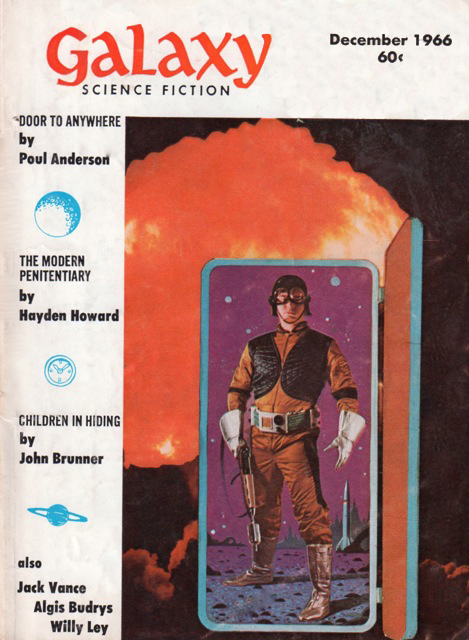
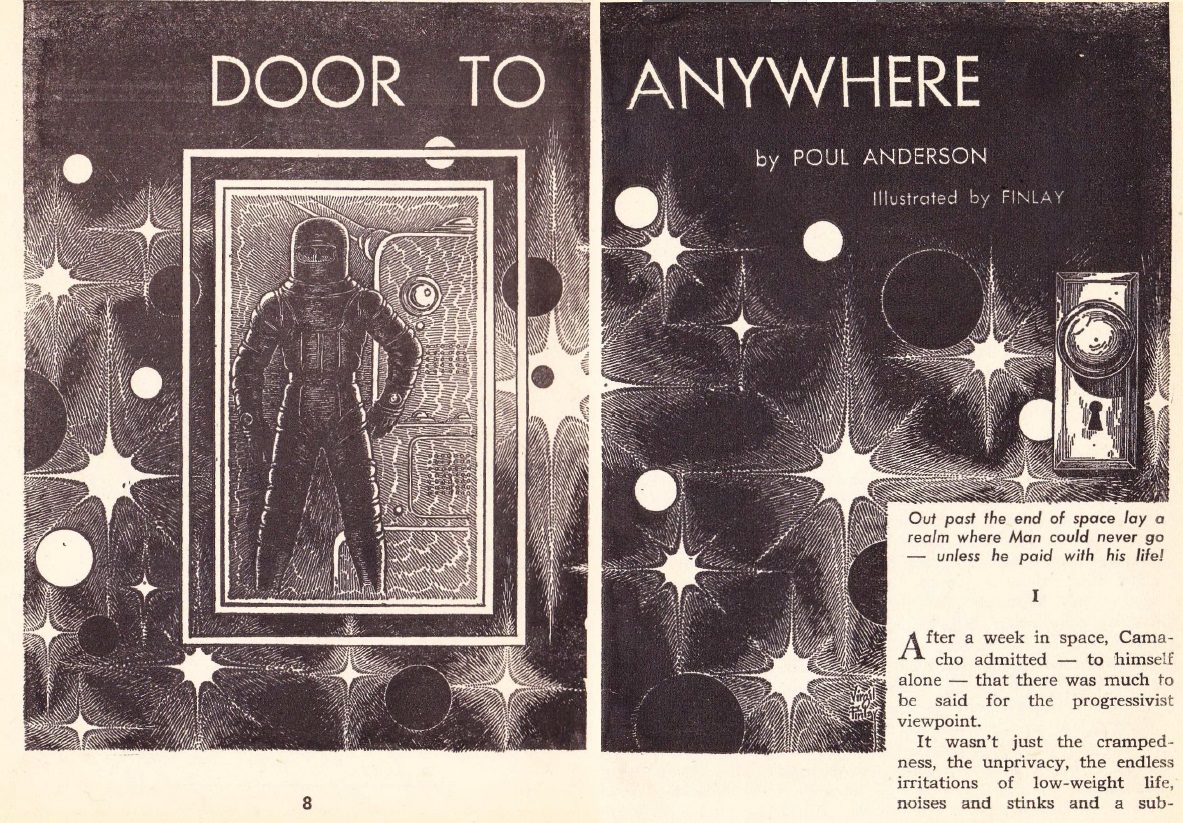
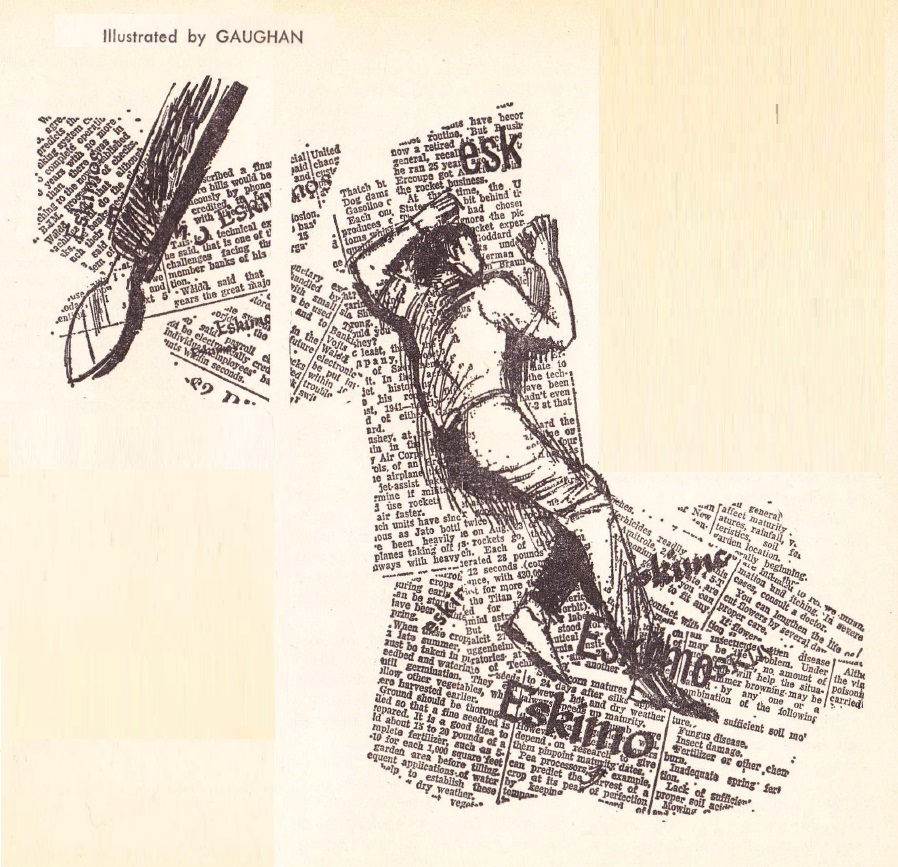
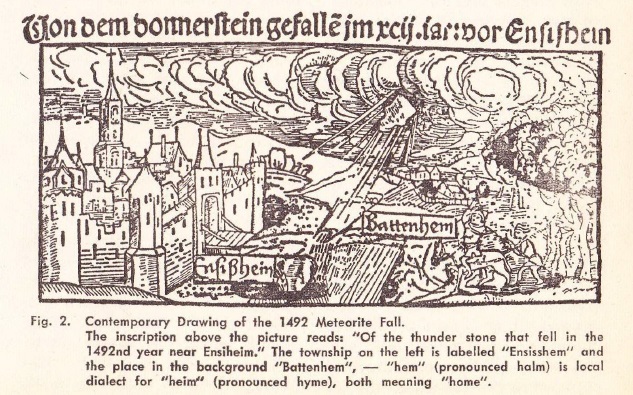






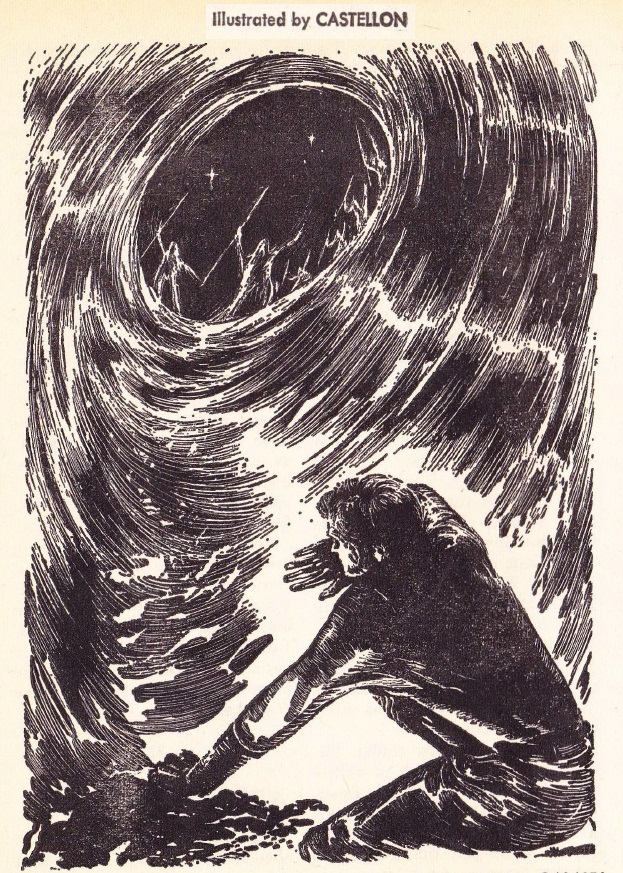
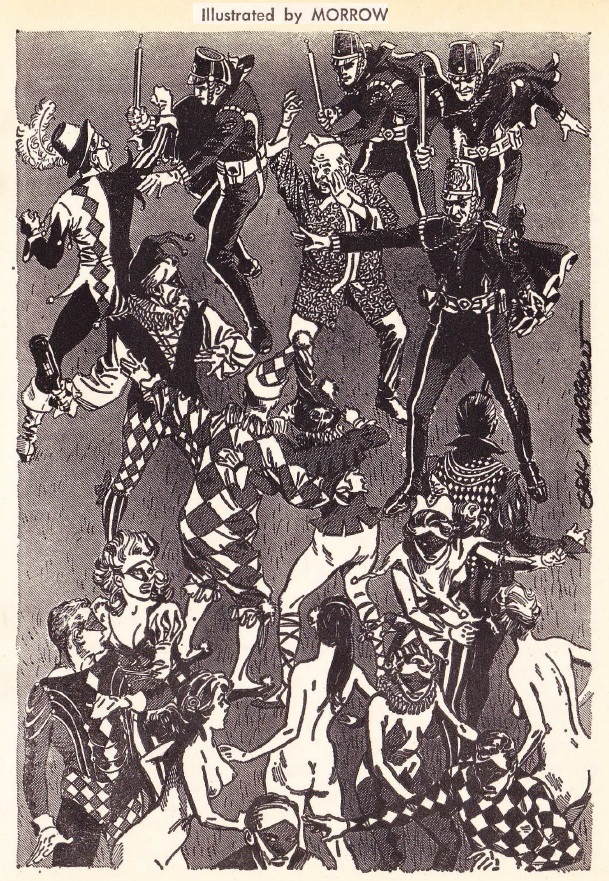


![[July 22, 1964] (August 1964 <i>Fantasy and Science Fiction</i>)](https://galacticjourney.org/wp-content/uploads/2019/07/640722cover-672x372.jpg)


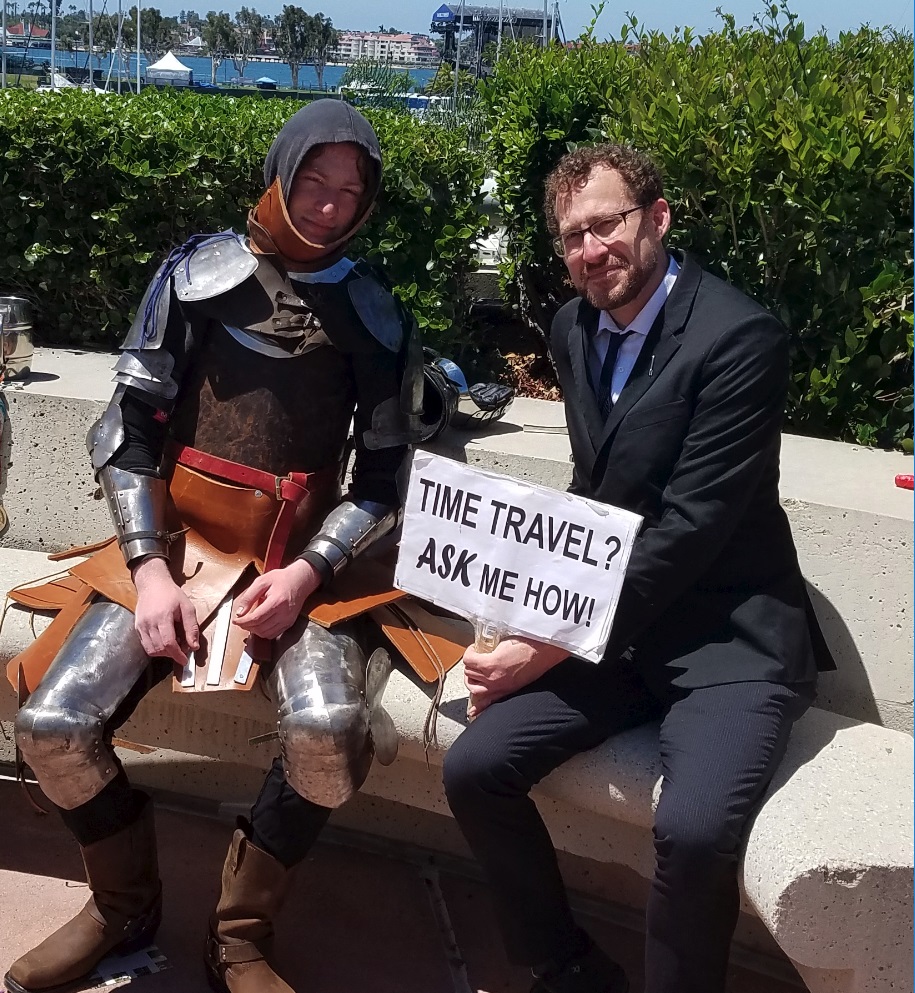



![[July 6, 1964] Busy Schedule (August 1964 <i>IF</i>)](https://galacticjourney.org/wp-content/uploads/2019/07/640706cover-672x372.jpg)

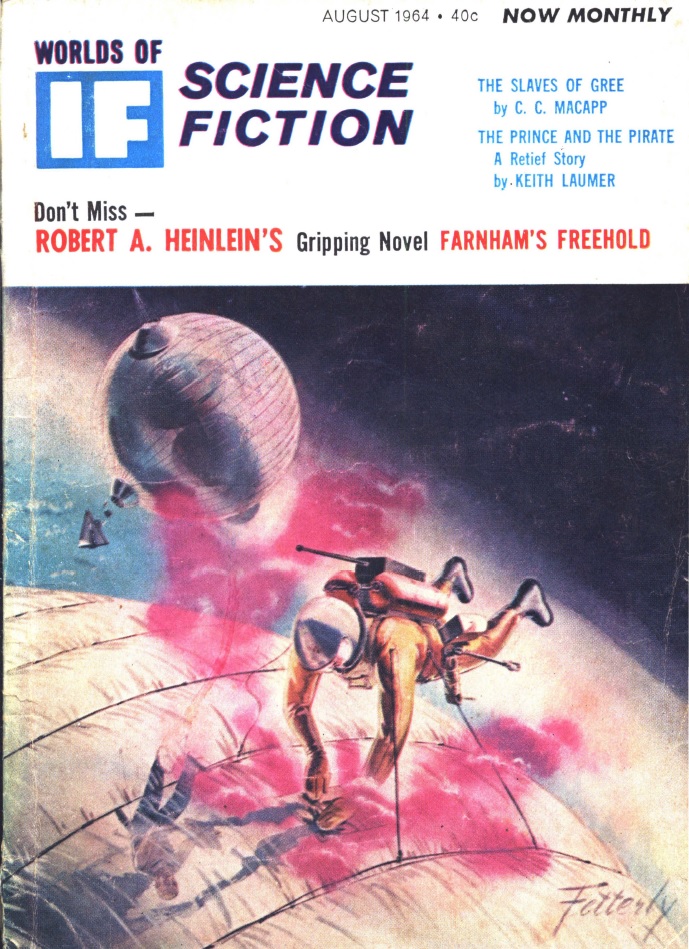
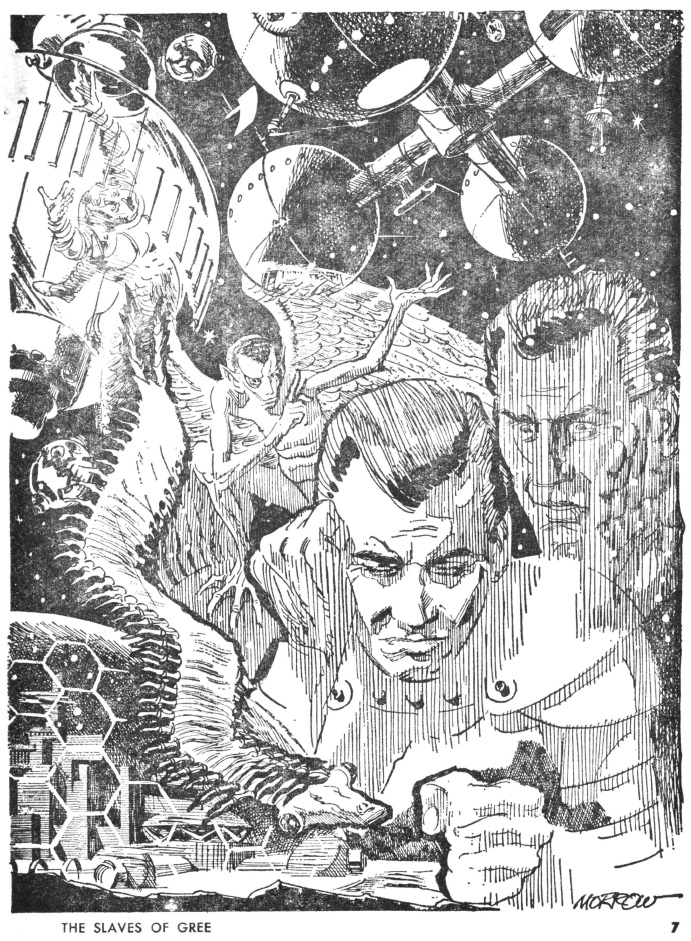
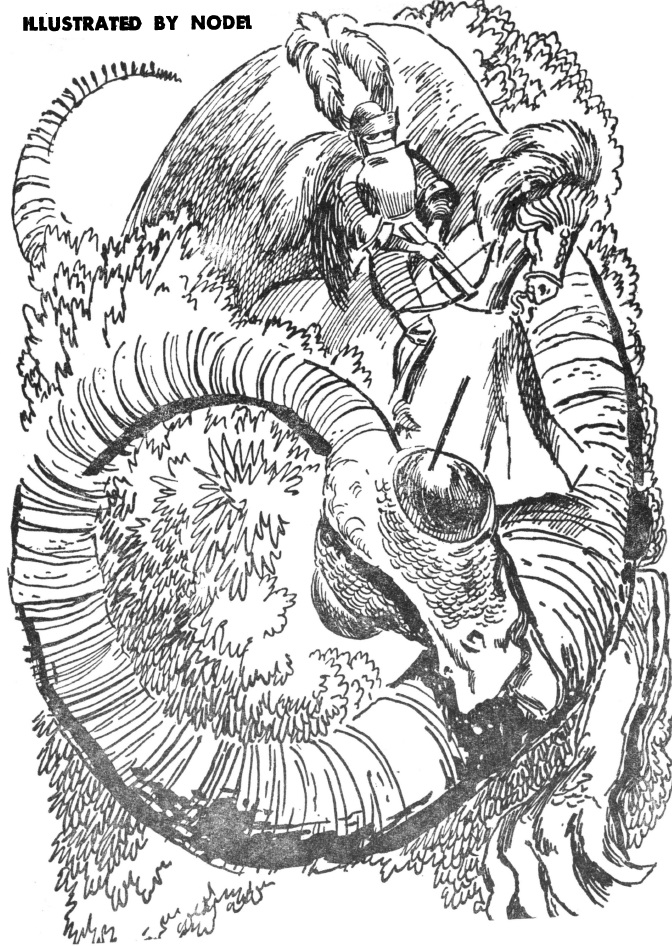

![[July 2, 1964] Completing the Tour (July 1964 <i>Analog</i>)](https://galacticjourney.org/wp-content/uploads/2019/06/640702cover-672x372.jpg)








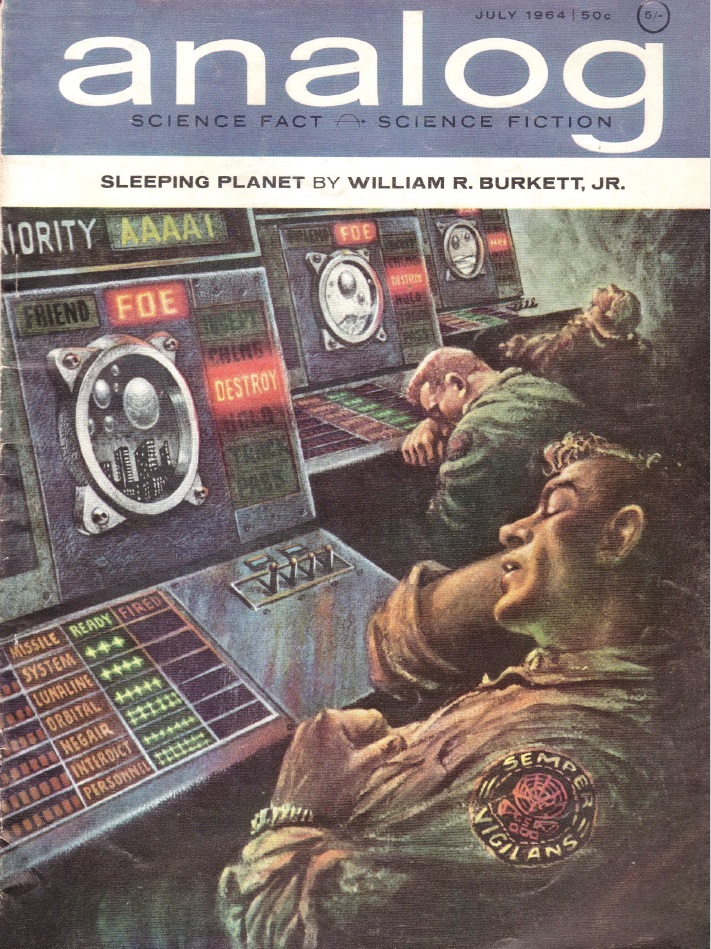



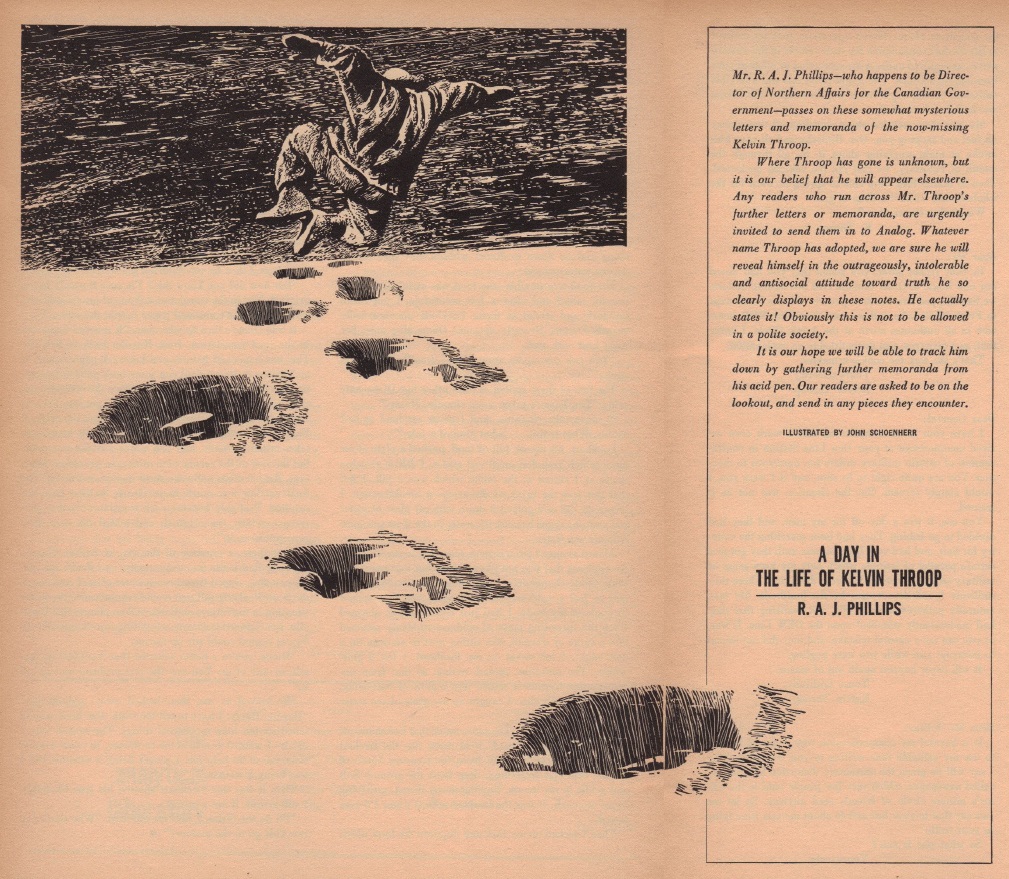


![[June 30, 1964] A big Delta (June 1964 <i>Gamma</i>)](https://galacticjourney.org/wp-content/uploads/2019/06/640630cover-453x372.jpg)








